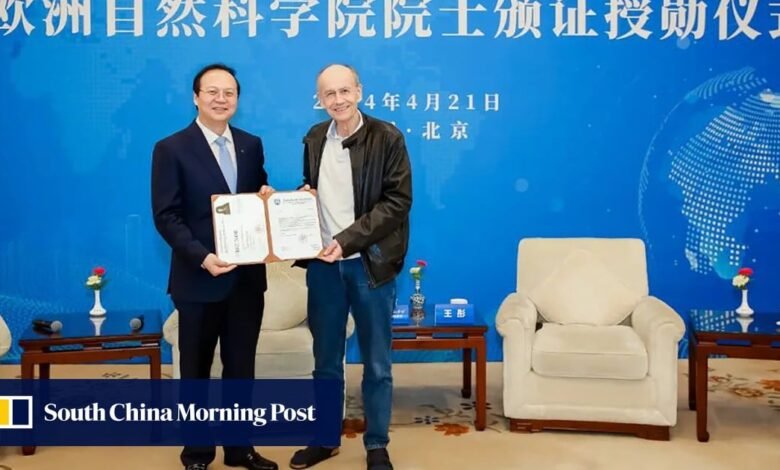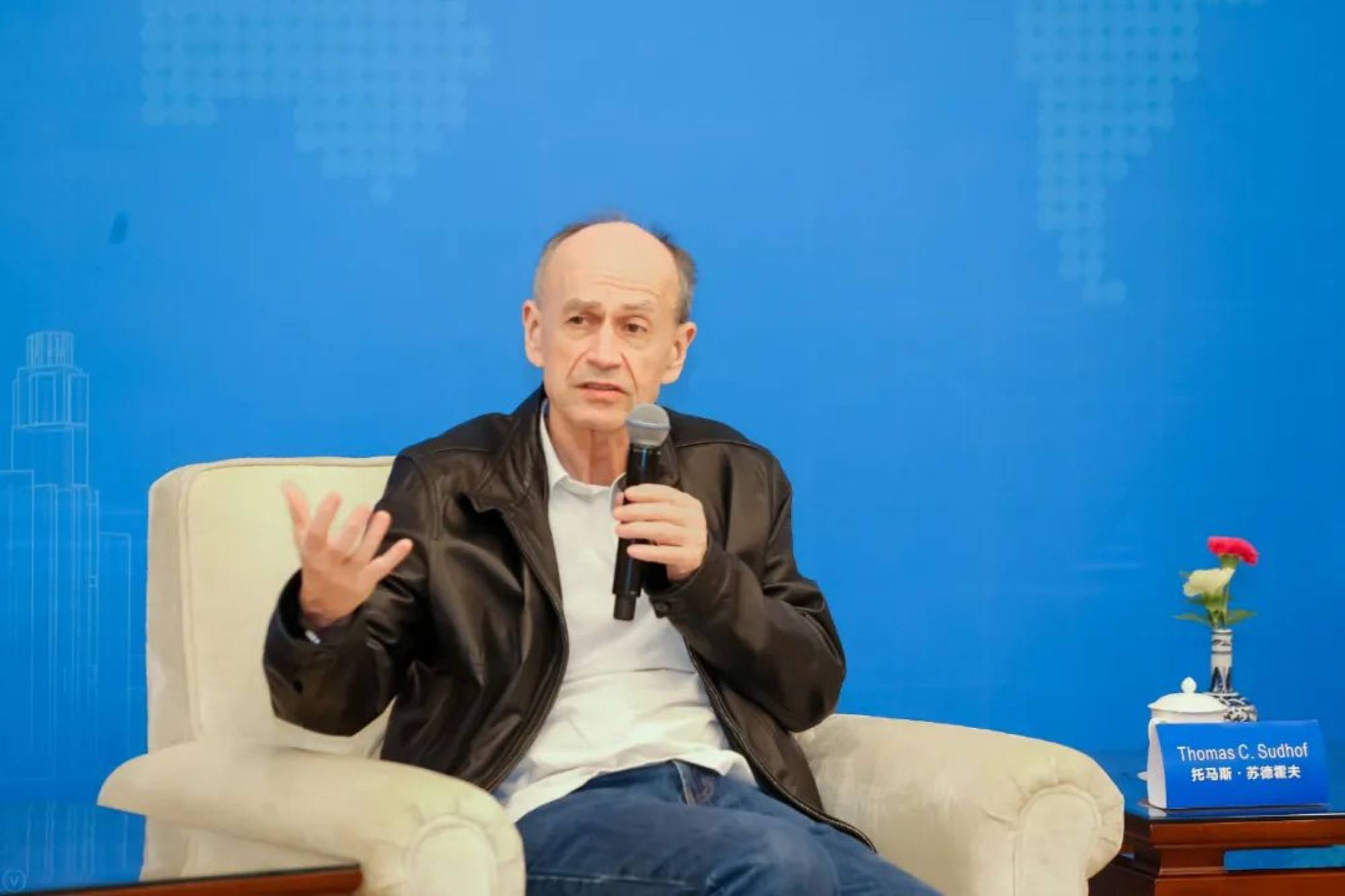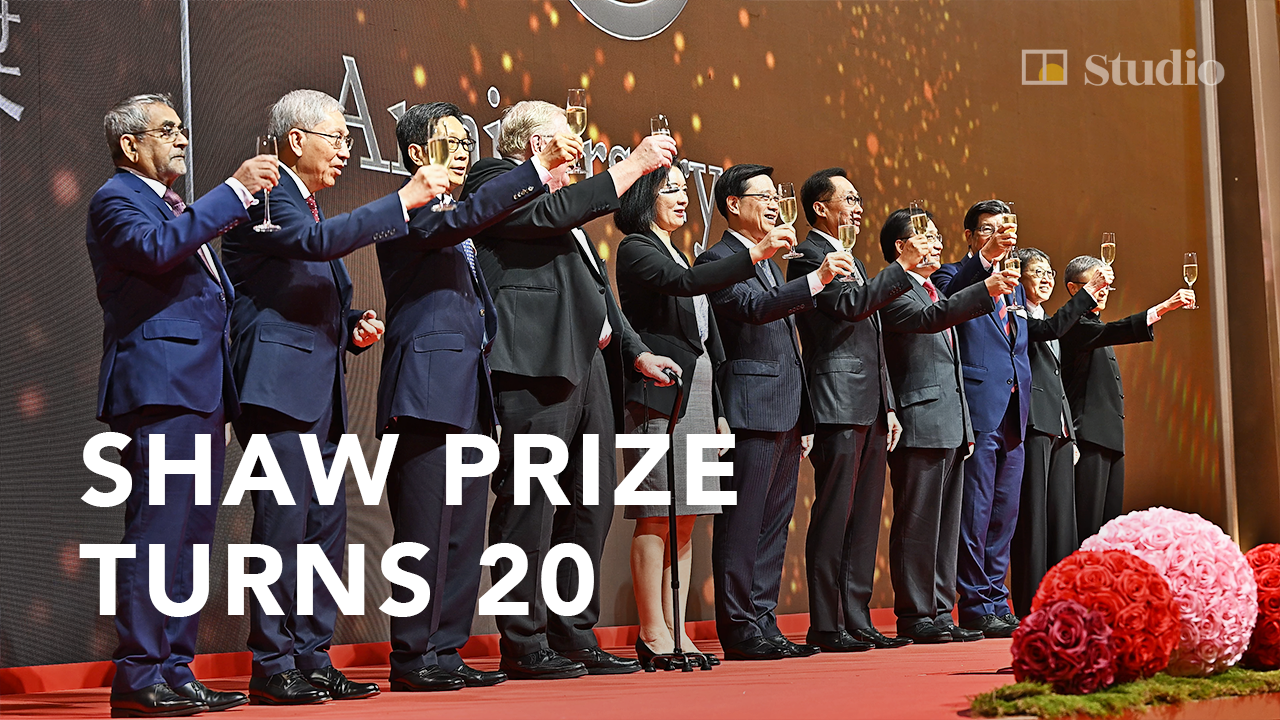Foreign awards face growing cynicism in China

Some investigations revealed that it is possible to pay to join the gym. National media outlet Hongxing Xinwen, for example, consulted an agency that provides application services and was told that candidates could definitely be selected by paying 180,000 yuan ($24,900).
The criticism and suspicion surrounding this honor signals a growing cynicism and immunity to foreign awards in Chinese society: as the country gradually emerges as a global leader in science and technology, honors bestowed by Western countries are now subject to greater scrutiny. .
“Now is the time to critically examine the phenomenon of [worshipping] ‘foreign academics’”, commented one user on social media.
According to the Post’s investigation, dozens of Chinese have become EANS academics in recent months, including some respected figures in academia, from professors at China’s top universities to researchers at government research institutes and doctors at major hospitals.
For example, Ma Fanhua, a research associate at the school of vehicles and mobility at Tsinghua University, was elected as an academician in December 2023.
The EANS website, which is mainly in Russian, said in a May 3 article that it is “not state property” like the Chinese or Russian Academy of Sciences, and “we invite scientists whose work is of academic value and whose achievements benefit people.”
In an email response to the Post, Thomas Südhof stressed that he had never heard of the European Academy of Natural Sciences and had no connection with it. He said he was not invited by EANS, but did not give the exact name of the organizer.
Südhof is a neuroscientist at the Stanford School of Medicine and won the Nobel Prize in physiology or medicine in 2013.
According to Südhof and his Chinese collaborator Ellie Wang, he was invited to speak at an event in China, where he was unexpectedly asked to participate in an impromptu photo shoot with people associated with the event organizer.

He said he congratulated the award recipients as a matter of courtesy, even though he “had no idea what these awards were.”
He also expressed a feeling of having been “duped and misled” when the Post brought the matter to his attention, as the event organizer had hinted at his “gym” membership through the photos.
The scientist said he was also approached in March by an agency that invited him to apply to the academy.
On Wednesday, an article published by the Chinese Science and Technology Association wrote that national research institutions should eliminate fake titles and paid honors, avoid supporting opportunists and give them resources.
In the article, a commenter wrote that he had received similar registration invitations many times, and once in particular, when he asked whether it was free or not, he was told that he needed to pay 350,000 yuan.
The Post attempted to contact the academy’s Chinese representative, Wu Jihua, but received no response.
In his interview with Hongxin Xinwen on Tuesday, Wu denied that the academy’s qualifications were for sale or that he had ever charged a fee to a candidate.





